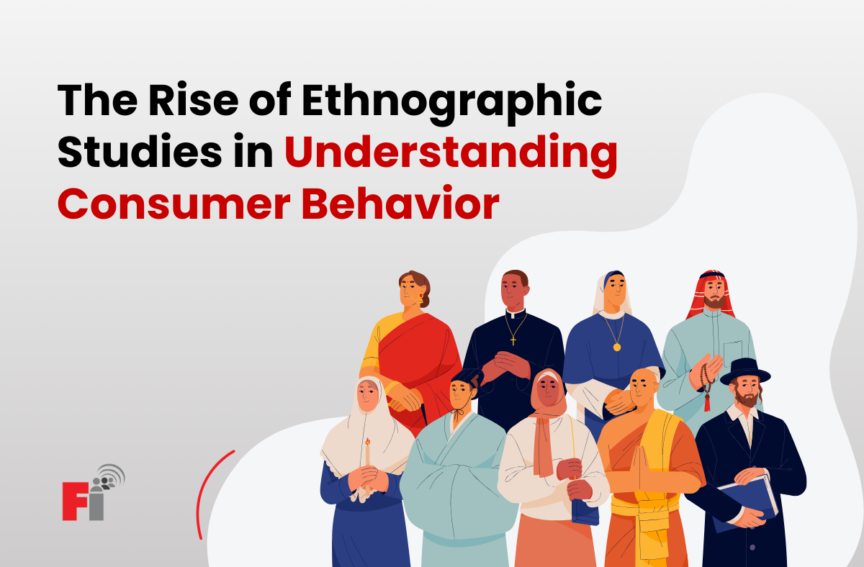Understanding consumer behavior is the holy grail for businesses looking to thrive in a competitive landscape. Yet, many companies still rely on traditional qualitative methods, such as surveys and focus groups, which often skim the surface of consumer insights. These conventional approaches can leave brands scratching their heads, unsure of how to connect deeply with their audiences. So, how can businesses bridge this gap and tap into the genuine motivations that drive consumer choices?
Limited Insights from Traditional
Methods
Traditional qualitative methods often provide a limited perspective on consumer behavior. While they can yield valuable information, they tend to focus on what consumers say rather than what they actually do. This disconnect can result in an incomplete understanding of the complexities of real-life experiences and decision-making processes.
Consumers may articulate their preferences during a focus group, but these responses may not accurately reflect their true feelings or actions. Factors such as cultural influences, emotional states, and environmental contexts often go unexamined. As a result, brands may struggle to create effective products or marketing strategies that resonate with their target audiences.
A Shift Towards Immersive
Understanding
Enter ethnographic studies—a game-changer in the realm of qualitative market research. These studies are gaining traction as a powerful tool for uncovering genuine consumer insights. By immersing researchers in the daily lives of consumers, ethnographic studies provide a nuanced understanding of behaviors, motivations, and cultural contexts that influence purchasing decisions.
Imagine a researcher spending time in a household, observing the interactions between family members as they navigate daily routines. This kind of immersive research reveals not just individual preferences but the collective dynamics that shape consumer choices. By witnessing real-life scenarios, brands can capture the subtleties of consumer behavior that traditional methods often overlook.
Implementing Ethnographic
Research Techniques
To harness the benefits of ethnographic studies, businesses should integrate these methods into their research strategies. Conducting in-home interviews, participant observations, and diary studies can provide a holistic view of consumer behavior, leading to more tailored products and marketing strategies.
In-home interviews allow researchers to engage with consumers in their own environments, fostering more authentic discussions about their experiences and needs. Participant observations offer insights into how consumers interact with products in real time, shedding light on usage patterns and pain points. Meanwhile, diary studies enable participants to document their thoughts and feelings over time, providing a rich narrative that highlights shifts in behavior and sentiment.
By leveraging these ethnographic techniques, businesses can move beyond surface-level data to uncover the deeper emotional and cultural factors that drive consumer decisions. This holistic understanding equips brands with the insights needed to craft meaningful and relevant solutions that resonate with their target audiences.
A New Era of Consumer
Understanding
The rise of ethnographic studies marks a transformative shift in how businesses approach qualitative market research. As brands increasingly recognize the limitations of traditional methods, they are turning to immersive techniques that reveal the intricacies of consumer behavior. By investing in ethnographic research, companies can gain a competitive edge, leading to innovations that genuinely meet consumer needs.
Are you ready to dive deeper into understanding your consumers? Let’s embark on this journey together! Reach out to us at bids@focusinsite.com to explore how ethnographic studies can elevate your qualitative market research and drive your business forward.


